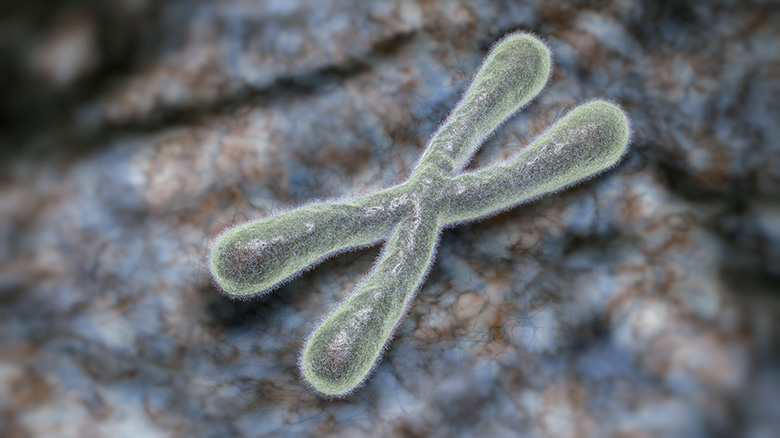Increased Telomerase Activity and Comprehensive Lifestyle Changes: A Pilot Study

Published in The Lancet Oncology
Authors: Ornish D, Lin J, Daubenmier J, Weidner G, Epel E, Kemp C, Magbanua MJ, Marlin R, Yglecias L, Carroll PR, Blackburn EH
Background: Telomeres are protective DNA-protein complexes at the end of linear chromosomes that promote chromosomal stability. Telomere shortness in human beings is emerging as a prognostic marker of disease risk, progression, and premature mortality in many types of cancer, including breast, prostate, colorectal, bladder, head and neck, lung, and renal cell. Telomere shortening is counteracted by the cellular enzyme telomerase. Lifestyle factors known to promote cancer and cardiovascular disease might also adversely affect telomerase function. However, previous studies have not addressed whether improvements in nutrition and lifestyle are associated with increases in telomerase activity. We aimed to assess whether 3 months of intensive lifestyle changes increased telomerase activity in peripheral blood mononuclear cells (PBMC).
Methods: 30 men with biopsy-diagnosed low-risk prostate cancer were asked to make comprehensive lifestyle changes. The primary endpoint was telomerase enzymatic activity per viable cell, measured at baseline and after 3 months. 24 patients had sufficient PBMCs needed for longitudinal analysis. This study is registered on the ClinicalTrials.gov website, number NCT00739791.
Results: PBMC telomerase activity expressed as natural logarithms increased from 2.00 (SD 0.44) to 2.22 (SD 0.49; p=0.031). Raw values of telomerase increased from 8.05 (SD 3.50) standard arbitrary units to 10.38 (SD 6.01) standard arbitrary units. The increases in telomerase activity were significantly associated with decreases in low-density lipoprotein (LDL) cholesterol (r=-0.36, p=0.041) and decreases in psychological distress (r=-0.35, p=0.047).
Conclusion: Comprehensive lifestyle changes significantly increase telomerase activity and con- sequently telomere maintenance capacity in human immune-system cells. Given this finding and the pilot nature of this study, we report these increases in telomerase activity as a significant association rather than inferring causation. Larger randomised controlled trials are warranted to confirm the findings of this study.
Key Takeaways:
- Telomeres are protective protein complexes located on the ends of chromosomes that promote chromosomal stability.
- Shortening of telomeres has been associated with disease risk and progression, and premature mortality.
- Comprehensive lifestyle changes that support improved health was shown to promote increased telomerase, a cellular enzyme that counteracts telomere shortening activity.
- Increased telomerase activity was also shown to be associated with decreases in low-density lipoprotein (LDL) and psychological stress.